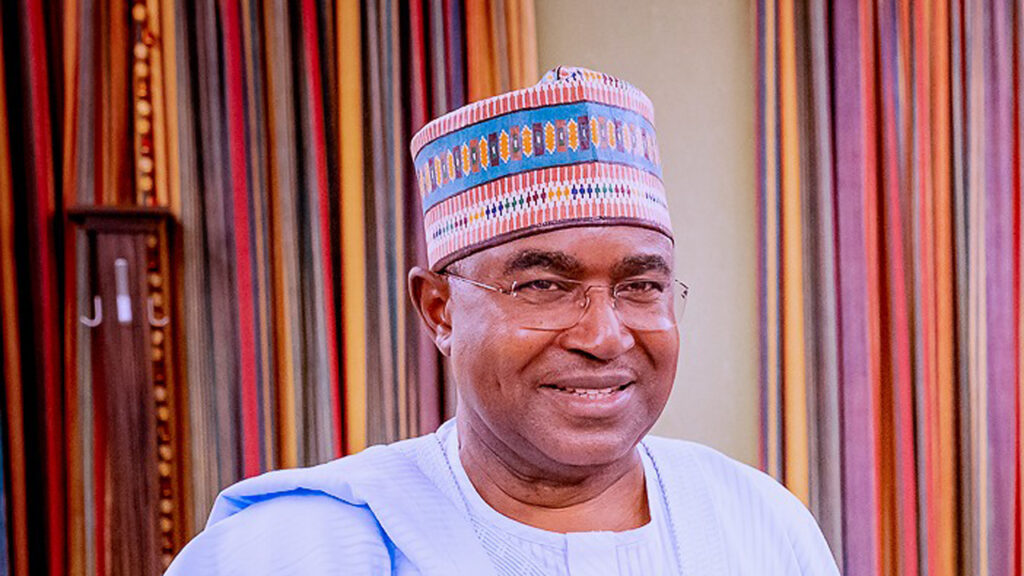
No country provides equal opportunities for women – not even the wealthiest economies – a World Bank report has asserted. Tagged ‘Women, business as the law’, the document offered a comprehensive picture of obstacles that the gender faces in accessing the global workforce and contributing to greater prosperity – for themselves, families and communities.
It noted that the global gender gap for women in the workplace is far wider than previously thought. The report maintained that when legal differences, involving violence and childcare are considered, women enjoy fewer than two-thirds of rights of men.
To address the crisis, it prescribed safety from violence and access to childcare services as veritable tools that could be helpful.
“When those measures are included, women, on the average, enjoy just 64 per cent of the legal protections that men do – far fewer than the previous estimate of 77 per cent,” the study found.
The analysis revealed a shocking implementation gap. Although laws imply that women enjoy roughly two-thirds of the rights of men, countries, on the average, have established less than 40 per cent of systems needed for full implementation.
For example, 98 economies have enacted legislations mandating equal pay for women at work commensurately. Yet only 35 economies – fewer than one out of every five – have adopted pay – transparency measures or enforcement mechanisms to address the gulf.
The report added that effective implementation of equal opportunity laws depends on an adequate supporting framework, including strong enforcement mechanisms, a system for tracking gender-related pay disparities, and availability of healthcare services for women, who survive violence.
Commenting on the findings, Chief Economist of the World Bank Group and Senior Vice President for Development Economics, Indermit Gill, noted: “Women have the power to turbocharge the sputtering global economy. Yet, all over the world, discriminatory laws and practices prevent women from working or starting businesses on an equal footing with men. Closing this gap could raise global gross domestic product by more than 20 per cent – essentially doubling the global growth rate over the next decade – but reforms have slowed to a crawl. WBL 2024 identifies what governments can do to accelerate progress toward gender equality in business and the law.”
The implementation gap highlights how much hard work lies ahead even for countries that have been instituting equal-opportunity laws. In 2023, governments were assertive in advancing three categories of legal equal-opportunity reforms – pay, parental rights and workplace protections.
Women also face significant obstacles in other areas. In the field of entrepreneurship, for example, just one in every five economies mandates gender-sensitive criteria for public procurement processes, meaning women are largely cut out of a $10-trillion yearly economic opportunity.
The report’s lead author, Tea Trumbic, said it is more urgent than ever to accelerate efforts to reform laws and enact public policies that empower women to work and grow businesses.













